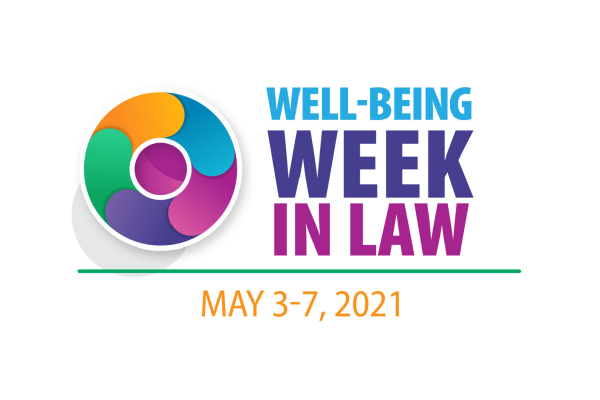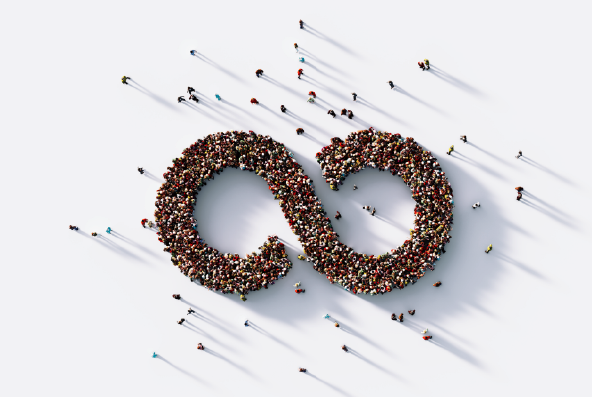For women, having two distinct networks — one that includes men and one that excludes them — is critical to career success, according to recent research.
Being central to open clusters of networks is key to career success for both men and women, but the second element was also necessary for career success only for women. Researchers Yang Yang, Nitesh V. Chawla, and Brian Uzzi studied “what types of networks helped new male and female MBAs land executive leadership positions”, publishing the results in 2019. As explained in a Harvard Business Review article by one of the study’s authors:
We found that men benefit not so much from size of network but from being central in the MBA student network—or connected to multiple “hubs”, or people who have a lot of contacts across different groups of students.
Women benefited in terms of post-MBA job placement from being central in the network too; but to achieve the executive positions with the highest levels of authority and pay they also had to have an inner circle of close female contacts, despite having similar qualifications to men including education and work experience.
…
While men had inner circles in their networks too – contacts that they communicated with most – we found that the gender composition of males’ inner circles was not related to job placement.
Facing hurdles men don’t makes having a distinct network of close female connections critical to career success for women. Our networks determine our resources, support, and opportunities for navigating the very real obstacles we encounter. And our networks also shape our inspiration. “Women who saw images of successful, powerful women, like Hillary Clinton, before giving a speech outperformed their peers,” according to a 2021 CNBC story about the study, referencing another study, published in the Journal of Experimental Social Psychology in 2017.
Prioritizing Inclusion
For all the challenges women in general experience, Black women, other women of color, trans women, women in other oppressed groups (and intersections thereof) experience more. Many obstacles were discussed in a recent report from the ABA Commission on Women in the Profession, Left Out and Left Behind: The Hurdles, Hassles, and Heartaches of Achieving Long-Term Legal Careers for Women of Color. A few key issues were highlighted in a panel from the BBA featuring two of the study’s authors, including the need for more allies to act not just as mentors but as sponsors, who speak positively about another’s work, connecting them with opportunities.
We can all take more time to act as more inclusive sponsors and enrich our networks. Find other suggestions on how to be an effective antiracism ally in the legal profession here.
Related Resources:
SuperMom: Support for Lawyers & Law Students (LCL MA)— A Free & Confidential monthly support group exclusively for mothers in law practice and law school in Massachusetts.
Key Steps to Successful Strategic Networking for Lawyers (Mass LOMAP Blog) — Having an open network is the biggest predictor of career success — follow key action steps to make progress building yours.
More Networking Updates on our Blog — Find more on opportunities to connect, mentorship networks in the profession, and more.
Friend Forward — A community created by Danielle Bayard Jackson for modern women who want to learn how to create and maintain better female friendships.
The 5 Types of Mentors You Need in Your Life (TED Ideas, 2018)
Free & Confidential Consultations:
Lawyers, law students, and judges in Massachusetts can discuss concerns with a law practice advisor, licensed therapist, or both. Find more on scheduling here.




